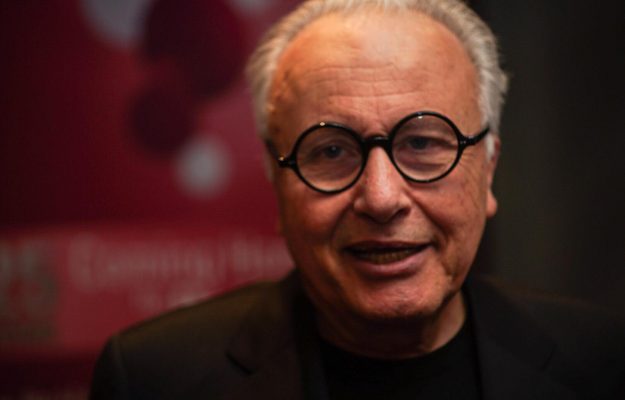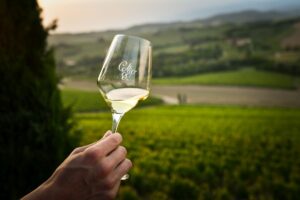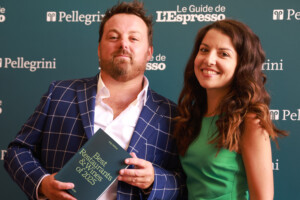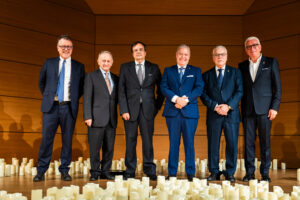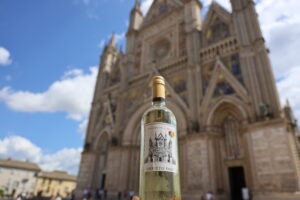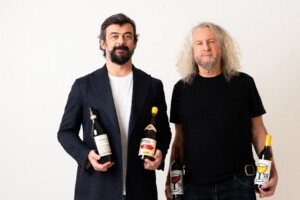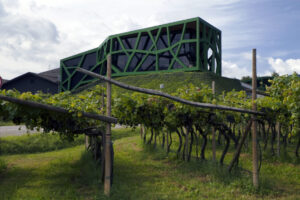Between the fight against global warming, changing preferences and consumption styles, and the natural evolution of each sector, even for the world of wine it is fundamental, and will be more and more, to invest in research. A need to be shared, at least in words, both by companies and by the academic world, but on which, at least in Italy, but not only in Italy, investments are rarely made with conviction at a systemic level, both in the public and in the private sector, with exceptions for some virtuous cases that are not lacking. And often, the primary brake comes from finding the necessary funds. And, on the subject, comes the “proposal-provocation” of one of the most listened to Italian wine producers, Angelo Gaja. The idea, in the formula, is very simple: to “distract” part of the public funding allocated to the promotion of Italian wine in the world (another fundamental aspect, given the increasing incidence of exports in the turnover of wineries, ed.) to allocate it to research, focusing in particular on more resistant rootstocks to climate change, new varieties suitable for the production of wines to Italian denominations more resistant to diseases and water shortages and so on.
“The European Community supports agriculture with generous donations of public money. The Italian wine sector also enjoys it, writes says. The successes of wine are celebrated for its propensity to export, its function as a driving force in the agri-food industry and the prestigious image it gives our country. More than one hundred million euros per year of contributions from the European Community are allocated to actions to promote Italian wine on non-European markets. It has been possible to benefit from them for 12 years. It is certain that, at least at the beginning, the public contribution was used to encourage the wineries that benefited from it to launch more courageous marketing actions on foreign markets. Wineries that have, in the meantime, become aware of how essential it is to operate in international markets to achieve growth objectives and secure company turnover. The vast majority of the beneficiary wineries - underlines Gaja - would by now have the possibility to draw on their means, at least partially renouncing public support. It is then a question of seeing how part of the public funding could be invested, distracting it from the repetitive action of stimulating exports to the benefit of all operators in the wine sector. I'd suggest we allocate it to research. Just to give an example, orienting it to the production of rootstocks and varieties able to handle with climatic stress, varieties suitable to produce PDO and PGI wines that can be grown with zero or very low use of pesticides, biological control systems, methods to combat the excessive accumulation of sugar in grapes, detection of yeasts with lower alcohol content, “clean” methods to combat polluting bacteria that can alter the organoleptic quality of wine and not only. In the presence of the problems caused by climate change - underlines Gaja - scientific research is the resource from which to draw to obtain feasible and compatible contrast solutions. Research must be supported, not feared. The results it will be able to provide must be available to all, under the same conditions. Producers, who do not intend to draw on them, will have greater possibilities of differentiation of their wines”.
Copyright © 2000/2025
Contatti: info@winenews.it
Seguici anche su Twitter: @WineNewsIt
Seguici anche su Facebook: @winenewsit
Questo articolo è tratto dall'archivio di WineNews - Tutti i diritti riservati - Copyright © 2000/2025










